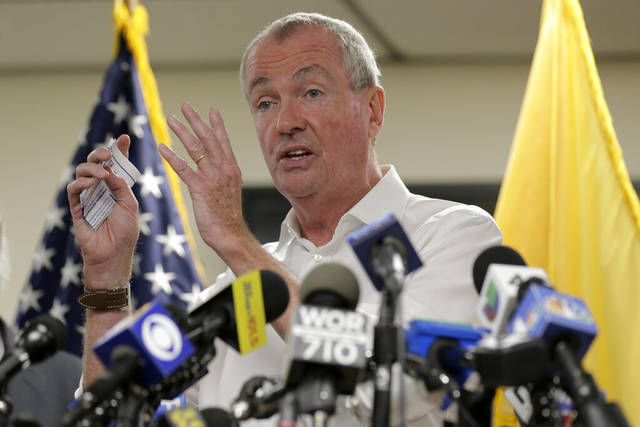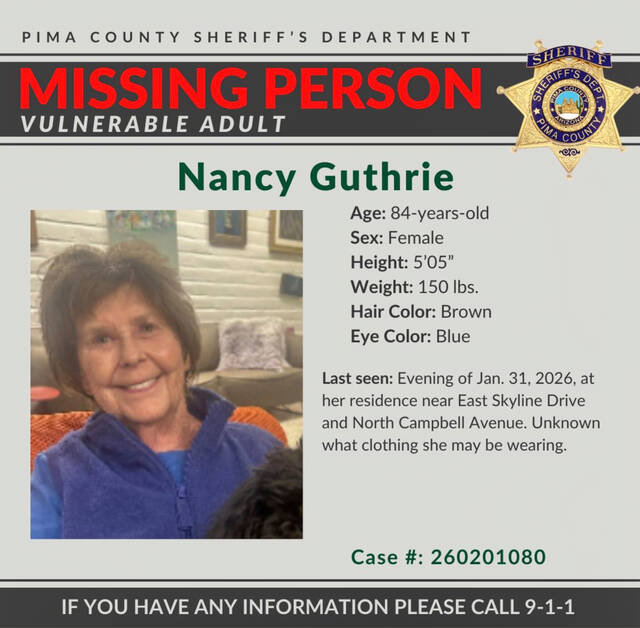A New Jersey appellate court Tuesday reversed a lower court’s decision to grant a temporary restraining order against the state’s aid-in-dying law.
The law became effective Aug. 1, but was suspended on Aug. 14 after a suit filed by Josef Glassman, a Bergen County physician, argued that the lack of required state regulations raised concerns about how its provisions would be carried out.
In their ruling Tuesday morning, Judges Carmen Messano and Arnold Natali Jr. said the lower court “abused its discretion” in stopping the law and that Glassman’s suit failed to meet the standards required.
Rich Grohmann, an attorney for Glassman, said his firm filed an application for appeal to the state Supreme Court soon after the appellate ruling was released.
The aid-in-dying law allows terminally ill people to hasten their own death with medicines prescribed by physicians. It does not force physicians or other health care providers to participate, but doctors are required to transfer patient records to other physicians if patients ask them to do so.
E. David Smith, another attorney for Glassman, has said that his client did not want to participate in the law in any way, including transferring records to “a doctor who will poison his patient.”
The appellate court said that physicians have long been required to transfer records “without personal assent to any subsequent medical procedures.”
The state has issued “guidance” to physicians and other health providers, but has not yet released regulations. Supporters of the bill contend that it is so detailed that regulations are not essential, but it does say that multiple state entities should produce regulations. The appellate court said the legislature clearly meant for the law to go into effect Aug. 1 and not wait for government rulemaking.
Glassman’s case is still scheduled for a hearing Oct. 23, Grohmann said. Ultimately, his firm seeks for a permanent injunction against the law.








